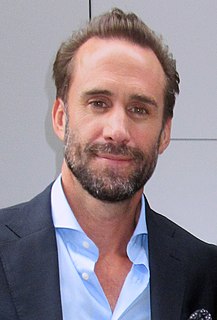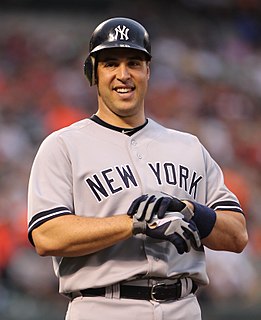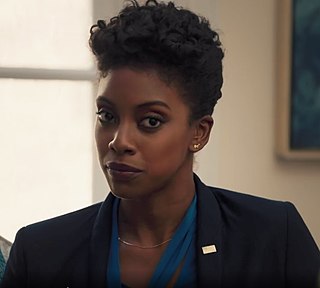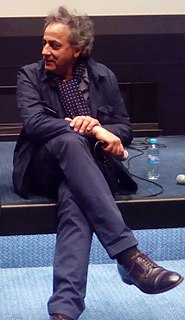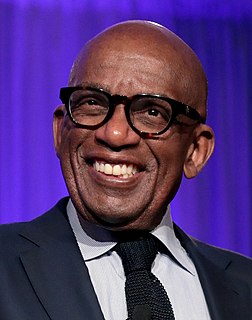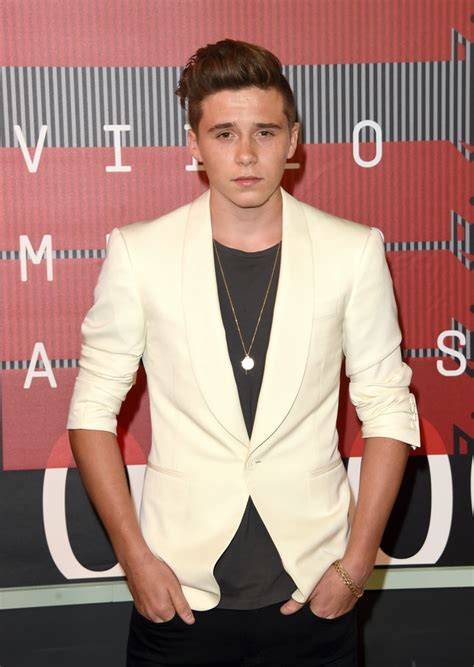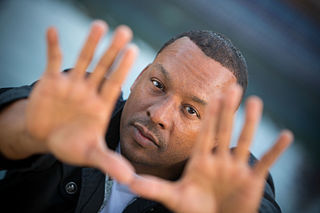A Quote by Joseph Fiennes
'How do you balance the creative with the biblical?' One could pick up the scripture and read it to oneself and you would be communing directly with that information. As soon as you go into film, as soon as there's a camera, and there's an angle, and there's lighting, and there's editing, you're into the adaptation.
Related Quotes
So getting that balance between what is honoring scripture and the Word and also acknowledging the fact that by the virtue of putting it on film there's going to be a variation and adaptation, I mean, it's a fine dance and a balance. Our producers and directors have worked so hard to get that right and I'm really proud. I think it's a pretty good job.
I've realized that a lot of people go to see film or theater with a different expectation. I have a friend who's an actor and I can't stand watching movies with him because he never quite allows himself to just watch the story. He'll comment on the lighting, he'll comment on the [camera] angle. I'm not saying there's a wrong way to watch it - maybe that's helpful to him - but to me, you're getting way too caught up in the technical aspects.
Mixture of assimilation to earlier schemas and adaptation to the actual conditions of the situation is what defines motor intelligence. But and this is where rules come into existence as soon as a balance is established between adaptation and assimilation, the course of conduct adopted becomes crystallized and ritualized. New schemas are even established which the child looks for and retains with care, as though they were obligatory or charged with efficacy.
Men and women are so alike that a woman must make an intellectual effort to differentiate herself. As soon as one understands who one is, one can disguise oneself any way one wants. As soon as one has found one's look, one's shape, one does not need to alter it too much, in fact I would say that one should not change it.
As soon as you're finished shooting, you have to go into the edit room and choose all of the shots that you're going to commit to because the visual effects vendor has to get it because they'll spend months on it. So, you're editing out of sequence before you've gotten a film for the movie and the performances.
I'm a film guy. I love it. When I read the screenplay, I knew that there would be no HD camera that could achieve the look that I wanted for this film. I wanted it to be dirty, and 16mm provides all of that with the look and the grain. That's what I worked for, and that's what I wanted, and that's how I'd seen the movie in my mind.
